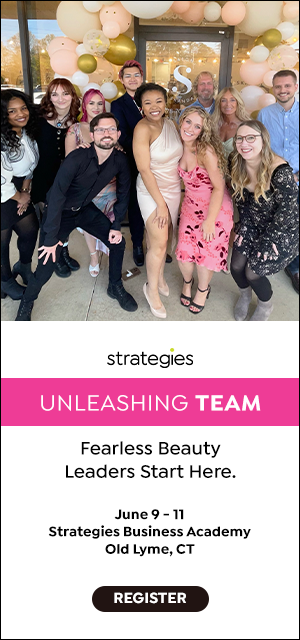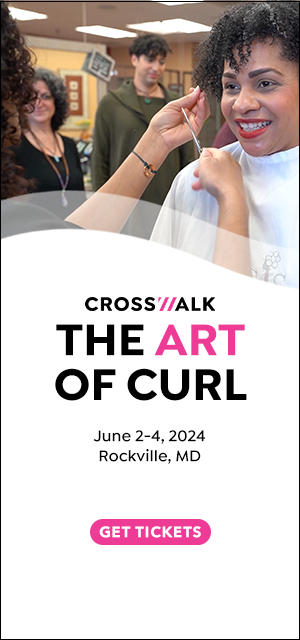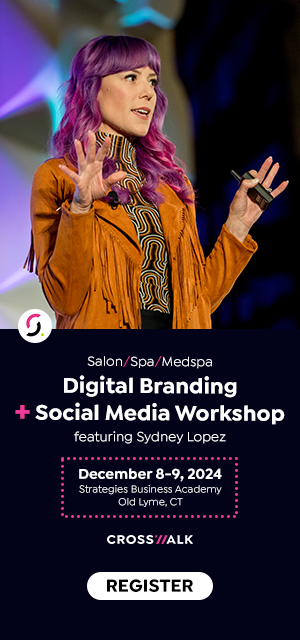When ‘inner circle’ trust is compromised
 At a recent congressional hearing on U.S. relations with Pakistan, Secretary of Defense Robert Gates was asked, "How can we trust a country that lies to us?" Gates responded, "Governments lie to each other ... that's how business is done." Gates’ statement sent a chill up my spine because it captured just how fragile "trusting" the words, decisions and actions of others can be - especially in your own company.
At a recent congressional hearing on U.S. relations with Pakistan, Secretary of Defense Robert Gates was asked, "How can we trust a country that lies to us?" Gates responded, "Governments lie to each other ... that's how business is done." Gates’ statement sent a chill up my spine because it captured just how fragile "trusting" the words, decisions and actions of others can be - especially in your own company.All leaders have what can be described as an "inner circle" of people who they trust, depend upon and confide in. They are members of their leadership team, advisors, peers and others they do business with. By design, your inner circle is a safe place for you to share confidential information, seek counsel and to vent when necessary. Your inner circle is built entirely on trust, respect and confidentiality. That's why you feel comfortable letting your guard down.
As much as it pains me to write this, as Gates said, sooner or later, a member of your inner circle will compromise trust. To think otherwise is naive.
Here are some no-compromise strategies when it comes to trust within your inner circle:
- Beware the "opportunist": Have you ever said, "Don't tell anyone but..."? Of course you have. And chances are the information you shared in confidence spread like wildfire. Why? Because you just gave an opportunist a big juicy piece of drama to blab to others. It's nothing more than the "I know something you don't know" game. FACT: Never share highly sensitive information with members of your inner circle who are less than 99% trustworthy. Anything less than 99% and chances are that information will be leaked. That missing 1% is to keep you grounded and make you question if the sensitivity of what you are about to disclose is equal to the trustworthiness of that individual.
- You still need to trust: I'd go crazy if I couldn't trust members of my inner circle. I need to share, vent and collaborate openly and freely with my team. That's how I lead and work best. Has my openness backfired on me? Of course it has - at times painfully so. But I regard my openness as a risk worth taking. I've met leaders with trust issues even with members of their inner circle. In every case, that creates a culture of distrust among those they should trust most. FACT: It's hard to grow a company when the key players are always looking for everyone else's hidden agenda.
- They have their own inner circles: So, someone entrusts me by sharing and seeking guidance on a highly sensitive issue. To ensure that I give the best advice, I turn to members of my inner circle where we reach consensus on a solution. Is it possible that members of my inner will disclose all or some of the conversation? Yes. Hopefully for the same reason I sought out their input. FACT: When trust and integrity are core values in your culture, sensitive information is respected and therefore contained, 99% of the time. That 1% is reserved for the opportunist “drama spewer.”
- Yes, it hurts: When a member of your inner circle compromises trust by lying or sharing private and confidential conversations for personal gain, it hurts - and hurts a lot. It makes you want to crawl into your paranoid hole and shut down your trust in all inner circle members. If you take this tack, you just triggered distrust, resentment and hurt feelings in those you should be trusting most. FACT: It's easy to say, "Get over it," but that's exactly what you need to do. Learn from the experience. Grow from it. That's what the no-compromise leader does.
- - - - - - - - -
Please share your thoughts with me about today’s Monday Morning Wake-Up. Click above to comment.
Neil Ducoff, Founder & CEO of Strategies and author of No-Compromise Leadership
Pass this e-mail on to your business colleagues, managers and friends. They’ll appreciate it.








Comments
No comments found. Start the conversation!
Leave a Comment